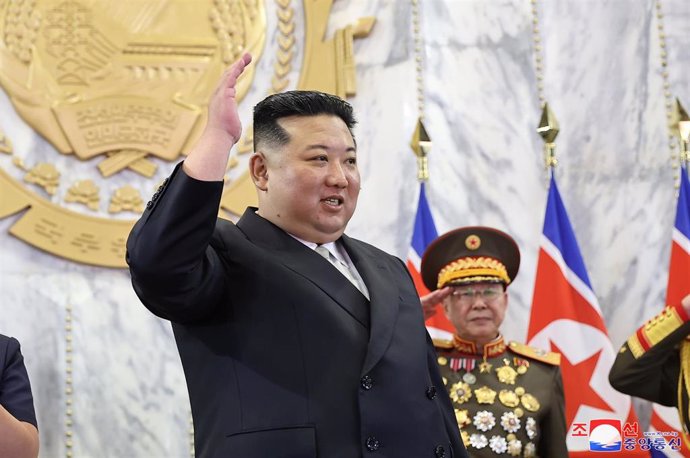
North Korea is known as one of the world’s most closed and repressive countries. Human rights violations are a constant in the lives of North Korean citizens, who suffer under an authoritarian regime that controls nearly every aspect of their lives. Despite these challenges, several non-governmental organizations (NGOs) work tirelessly to improve the human rights situation in North Korea. These NGOs play a crucial role in highlighting human rights violations and providing assistance to North Korean refugees.
PSCORE: Advocates for Reunification and Human Rights
People for Successful COrean REunification (PSCORE) is one of the most prominent NGOs defending human rights in North Korea. Founded in 2006, PSCORE is dedicated to promoting the peaceful reunification of the Korean Peninsula and supporting North Korean defectors through educational and mentoring programs. These programs are designed to help refugees adapt to life in South Korea, providing them with essential skills and emotional support to overcome the traumas they have experienced. PSCORE has also presented reports to the United Nations Economic and Social Council (ECOSOC) and organizes campaigns to raise awareness about the situation in North Korea.
Amnesty International and NAUH: Allies in Human Rights Advocacy
Amnesty International is a global organization that has collaborated with various NGOs, including Now Action for Unity and Human Rights (NAUH), to defend human rights in North Korea. NAUH, based in Seoul, is dedicated to supporting North Korean defectors and raising international awareness about human rights abuses committed by the North Korean regime. Activists like Ji Cheol-ho and Kim Keon-woo have shared their personal experiences to raise awareness and mobilize public opinion around the cause.
Challenges and Achievements of NGOs in North Korea
The work of NGOs in North Korea is fraught with significant challenges, including lack of access to the country and government repression. Despite these obstacles, NGOs have made important advances. They have succeeded in drawing international attention to the situation in North Korea and have assisted thousands of refugees in their quest for freedom and safety.
NGOs also play a fundamental role in gathering testimonies and documenting human rights violations, which is essential for reporting and putting pressure on the international community to act. Through their efforts, these organizations seek to ensure a better life for North Koreans and promote a future where human rights are respected and the reunification of the Korean Peninsula becomes a reality.
Additionally, operating in highly restrictive environments presents significant challenges for NGOs, but they have developed various strategies to continue their work effectively. Here are some key approaches:
By employing these strategies, NGOs can continue to make a difference even in the most challenging environments. Their dedication and resourcefulness are essential in promoting human rights and improving the lives of those they serve.
